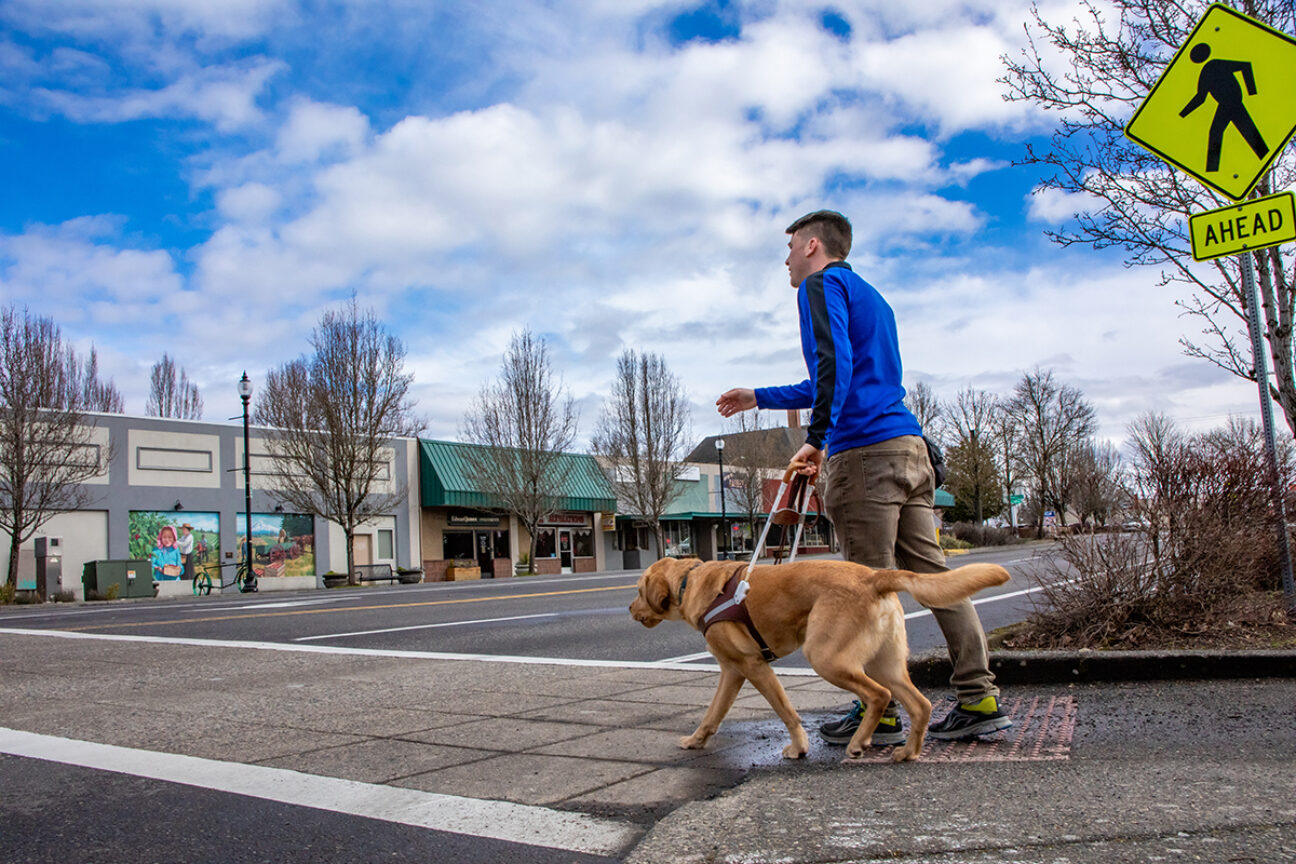Unlock Your Canine's Prospective: Proven Pet Dog Training Techniques for Success
Reliable canine training is a nuanced procedure that hinges on understanding canine actions and utilizing medically backed methods. By incorporating favorable reinforcement, developing clear commands, and prioritizing socializing, canine proprietors can cultivate an effective connection with their pet dogs.
Comprehending Dog Habits
Recognizing pet dog actions is vital for effective training and promoting a favorable relationship in between dogs and their proprietors. A comprehensive grasp of canine body movement, vocalizations, and social communications is crucial for acknowledging their feelings and demands. Canines interact largely with non-verbal hints; as an example, a wagging tail may suggest exhilaration, while pinned ears can signal worry or entry.

In addition, ecological variables play a substantial function fit a canine's behavior. Adjustments in regular, brand-new surroundings, or the presence of unfamiliar people can bring about anxiety or stress and anxiety in canines. Recognizing these triggers makes it possible for proprietors to reduce negative responses and develop appropriate training strategies.
Inevitably, a deep understanding of pet dog behavior lays the foundation for effective training techniques, improving both actions and the general bond between the pet and its proprietor. dog training near me. This knowledge is indispensable for cultivating a well-adjusted, pleased canine companion
Favorable Reinforcement Strategies
Reliable training counts greatly on favorable support methods, which have been shown to generate considerable lead to shaping wanted actions in dogs. This technique entails awarding a pet for displaying specific behaviors, thus increasing the probability that these habits will be repeated. Incentives can take various kinds, including deals with, praise, playthings, or playtime, depending upon what motivates the private pet.

It is necessary to slowly phase out incentives as the pet discovers the behavior, transitioning to recurring support. This technique maintains the actions in time while avoiding dependence on continuous rewards. By concentrating on positive reinforcement, instructors can cultivate a relying on connection with their dogs, advertising a healthy and participating training atmosphere that enhances overall obedience and efficiency.
Developing Consistent Commands
A fundamental facet of successful canine training is the facility of consistent commands. Uniformity in commands is vital for efficient interaction between the fitness instructor and the pet. When commands are uniform, pets discover to link particular words with wanted behaviors, which increases the training process and boosts understanding.
To establish constant commands, it is essential that all family participants use the exact same terms and gestures. If one person utilizes "rest" while an additional says "sit down," it can produce complication for the dog. Select clear, distinct words for commands and make sure every person associated with the canine's training sticks to these selections.
Strengthen commands with regular method, making sure that the pet dog gets sufficient chances to respond correctly. When a dog successfully follows a command, immediate favorable support must comply with.
Finally, be client. Establishing consistent commands requires time and initiative. With commitment and clearness, you will help your pet create a strong understanding of expectations, ultimately bring about a mannerly buddy.
Socialization and Direct Exposure
Mingling a pet dog is vital for fostering a certain and well-adjusted buddy. This procedure includes subjecting your dog check my reference to a selection of atmospheres, individuals, and various other animals to create their social skills and adaptability. Early socializing, ideally in between the ages of three to fourteen weeks, is essential, as it lays the groundwork for a pet dog's future behavior.
Throughout socialization, purpose to supply positive experiences in various settings, such as parks, hectic streets, and homes with various other pets. Present your dog to numerous stimuli, consisting of sounds, sights, and scents, making sure that each experience is satisfying. This direct exposure assists minimize worry and anxiousness, leading the way for a more resistant pet.
Engaging in regulated team play sessions with various other pets can additionally enhance social skills, instructing your family pet proper communications and borders. Focusing on socializing will significantly contribute to your dog's overall happiness and behavior throughout their life.
Overcoming Common Training Obstacles

Canines might struggle to focus in hectic or strange setups. Gradually desensitize your canine to diversions by beginning training in a quiet atmosphere and gradually presenting even more stimuli as they become skilled.
In addition, behavioral issues like jumping or extreme barking can end up being irritating. Address these by teaching alternative habits, such as sitting comfortably when welcoming visitors. Uniformity and perseverance are essential; enhance preferred habits constantly and stay clear of abuse, which can bring about complication.
Last but not least, recognize that each dog is unique, and training timelines may vary. Tailor your approach to your dog's individual needs, and seek professional guidance if necessary. With perseverance and the right strategies, overcoming these obstacles can bring about a trained, satisfied canine buddy.
Final Thought
Finally, unlocking a dog's potential demands a thorough technique that integrates an understanding of canine habits, the application of positive support methods, and the establishment of consistent commands. Early socializing and direct exposure to varied settings further boost a dog's adaptability and self-confidence. By resolving typical training challenges with customized methods and persistence, a cooperative and unified connection between pet and trainer can be fostered, inevitably leading to a well-behaved buddy capable of growing in different situations.
Reliable canine training is a nuanced procedure that hinges on recognizing canine habits and using clinically backed strategies.Comprehending dog actions is important for reliable training and promoting a favorable relationship in between dogs and their proprietors.Effective training depends greatly on positive support strategies, which have been revealed to yield considerable outcomes in shaping preferred actions in canines. When commands are consistent, dogs discover to link specific words with preferred actions, which accelerates the training process and boosts understanding.
In conclusion, unlocking a pet dog's possible necessitates a detailed strategy that incorporates an understanding of canine habits, the application of favorable support techniques, and the establishment of constant commands.